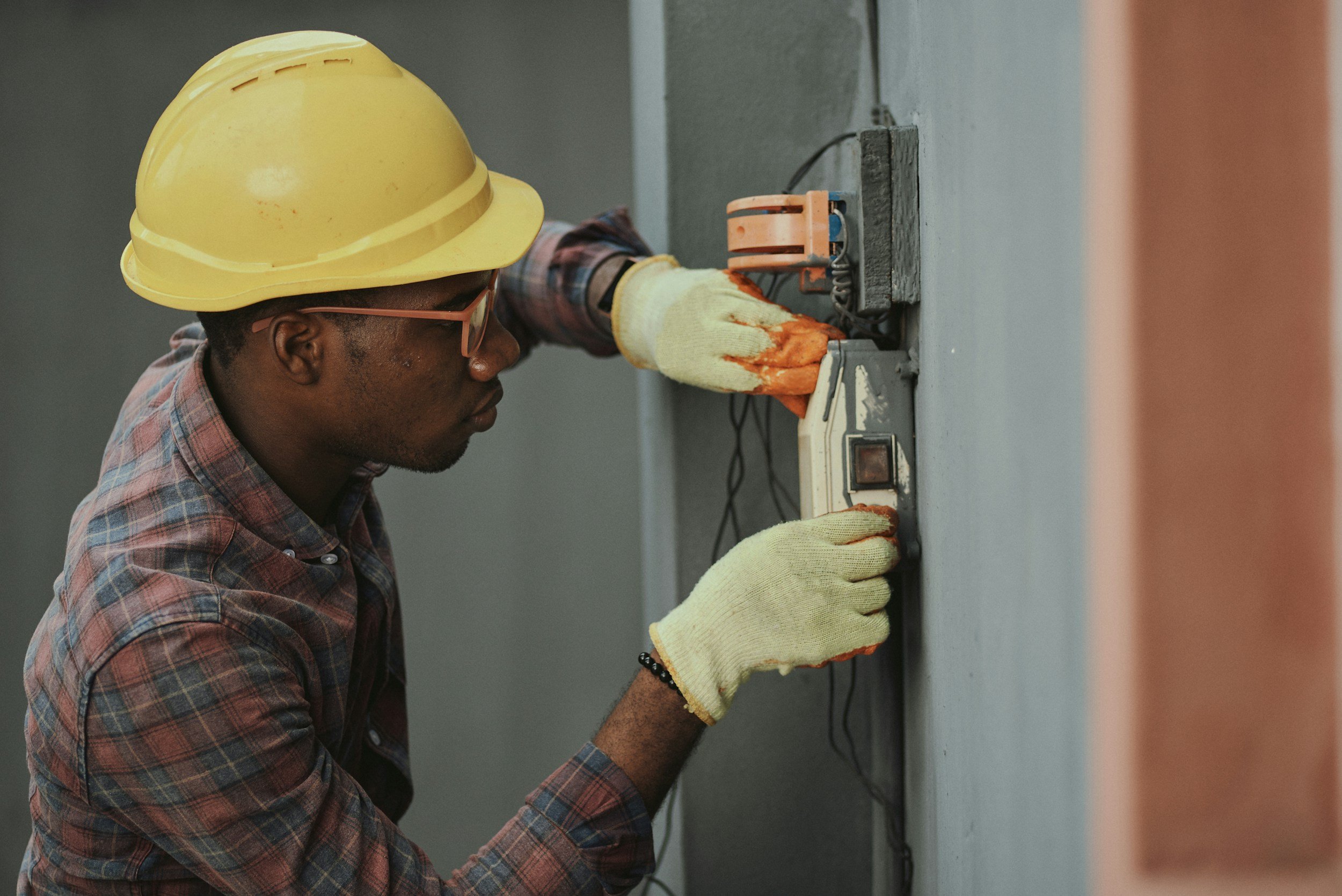
Testing & Inspection
As a registered and fully insured electrical contractor, SAVE SPARK GROUP LTD specialises in providing electrical inspection and testing services to our customers, who are located throughout the midlands and UK. These services include full certification of new installations, as well as detailed reports on the condition of existing electrical infrastructure.
All testing and inspection of electrical installations is carried out by our fully qualified and highly experienced Electricians, who are fully compliant with the BS7671 18th Edition Wiring Regulations, with appropriate reports or certificates issued, including:
Electrical Installation Certificate (EIC) - for new electrical installations
Electrical Installation Condition Report (EICR) - a safety inspection of existing electrical installations, required by law, that indicates whether your electrical installation is safe and compliant at the time of testing
Minor Electrical Installation Works Certificate (MEIWC) - for an alteration to an existing electrical installation
All electrical installations deteriorate with age and use, so they should be inspected and tested at regular intervals to check that they are in satisfactory condition. This means carrying out an Electrical Installation Condition Report (EICR), sometimes referred to as 'fixed wire testing', 'periodic inspection', or an 'electrical safety certificate'.
RECOMMENDED FREQUENCIES FOR ELECTRICAL INSPECTIONS:
Every 10 years for a domestic premises
Every 5 years for a rented premises, or on change of tenancy
Every 3 years for a commercial premises
Every 3 years for an industrial premises
Under Health and Safety legislation, such as the Electricity at Work Regulations,
employers are responsible for ensuring the safety and health of their employees, as well as members of the public who may be affected by their activities or omissions. As this includes electrical safety, electrical testing and inspections are obligatory for every employer, regardless of their sector.
Keeping your electrical inspection and test certifications up to date helps to ensure compliance with your legal duties. It is also important because failure to undertake periodic inspection and test can invalidate your insurance. Without the proper certifications and reports in place, in the event of an electrical fault that causes injury or property damage, you may not be covered.
EICR INSPECTION AND TESTING
SafeSpark Group is a fixed wire testing specialist, providing electrical inspection and testing services to clients throughout the UK. We offer a comprehensive range of services, whether you require fixed wire testing on any commercial or industrial electrical installations or a commercial electrical installation condition report (EICR).
When was the last time your business had a fixed wire test carried out?
The frequency of fixed wire testing will depend on a variety of factors, such as the type of electrical installation, its age and condition, and the use to which it is put. However, as a general rule, fixed wire testing should be carried out at least every five years.
We pride ourselves on our high standards of workmanship and customer service
Our team of skilled engineers is fully trained and qualified to assess all fixed electrical equipment and installations. Whether you need us to carry out a one-off fixed wire test or you’re looking for a long-term partner for your business, we’re here to help.
To discuss your specific electrical inspection and test requirements, talk to one of our team today:
we’re here to help, whatever your project.
